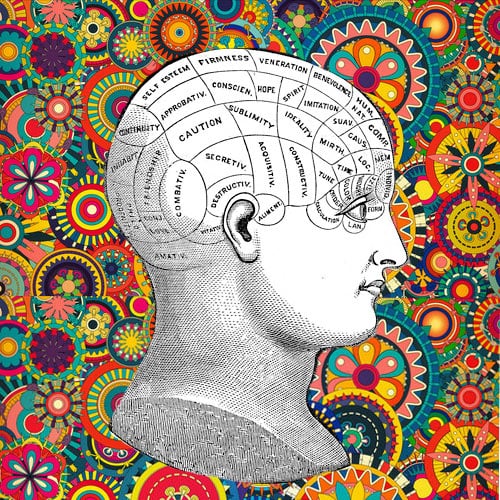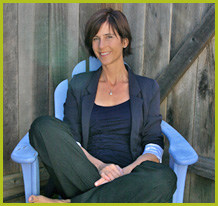Dave’s brain cancer diagnosis was confirmed within hours after he accepted an offer to sell his home. My first impulse was to assure him that we could cancel the sale, but Dave was adamant that he wanted to continue with his plan to move to a new place on the coast.
His best friend soon called me, in a state of agitation that Dave himself had not exhibited. “You can’t let him do this,” the friend said. “I’ve known Dave forever, and I am telling you,
this is not Dave. This is not something he would do. He needs to be in his own home, with his own support system. For him to move now would be a huge mistake.”
There I stood, at the brink of a moral and philosophical rabbit hole. As an agent, my role is to carry out the wishes of my client. But who, at this moment, was my client? Was it the Dave who, according to his best friend, was not himself? Was it the Dave who would very soon need to grapple with the undeniable demands of his illness, or was it the Dave who looked me in the eye and said he was going to move to the water, if it was the last thing he did? If we humans are only able to exist in the now, who are we, if not our desires in the present moment?
The nature of identity aside, I also questioned this: as we approach the end of life, what becomes more important: to care for the body, or for the spirit? I had my own position – indeed, many positions, which evolved at such a rapid pace I felt I was spinning. But ultimately I always came back to Dave. My own opinion was irrelevant. It was not for me to make a decision for Dave, whose own mind and body nobody else could inhabit, and whose desires followed their own compass. The Dave of today knew exactly what he wanted, and my way became clear.
In the weeks and months that followed, Dave remained resolute, and despite the very bumpy road, he is now in his new place. He may not have heeded the advice of loved ones, and his life may have become more complicated, but he is happy – and who can argue with happy? Not I.

 Hello, I’m Holly Rose. I help people buy and sell homes in the East Bay. I specialize in fine old homes with interesting or historically significant architecture.
Hello, I’m Holly Rose. I help people buy and sell homes in the East Bay. I specialize in fine old homes with interesting or historically significant architecture.